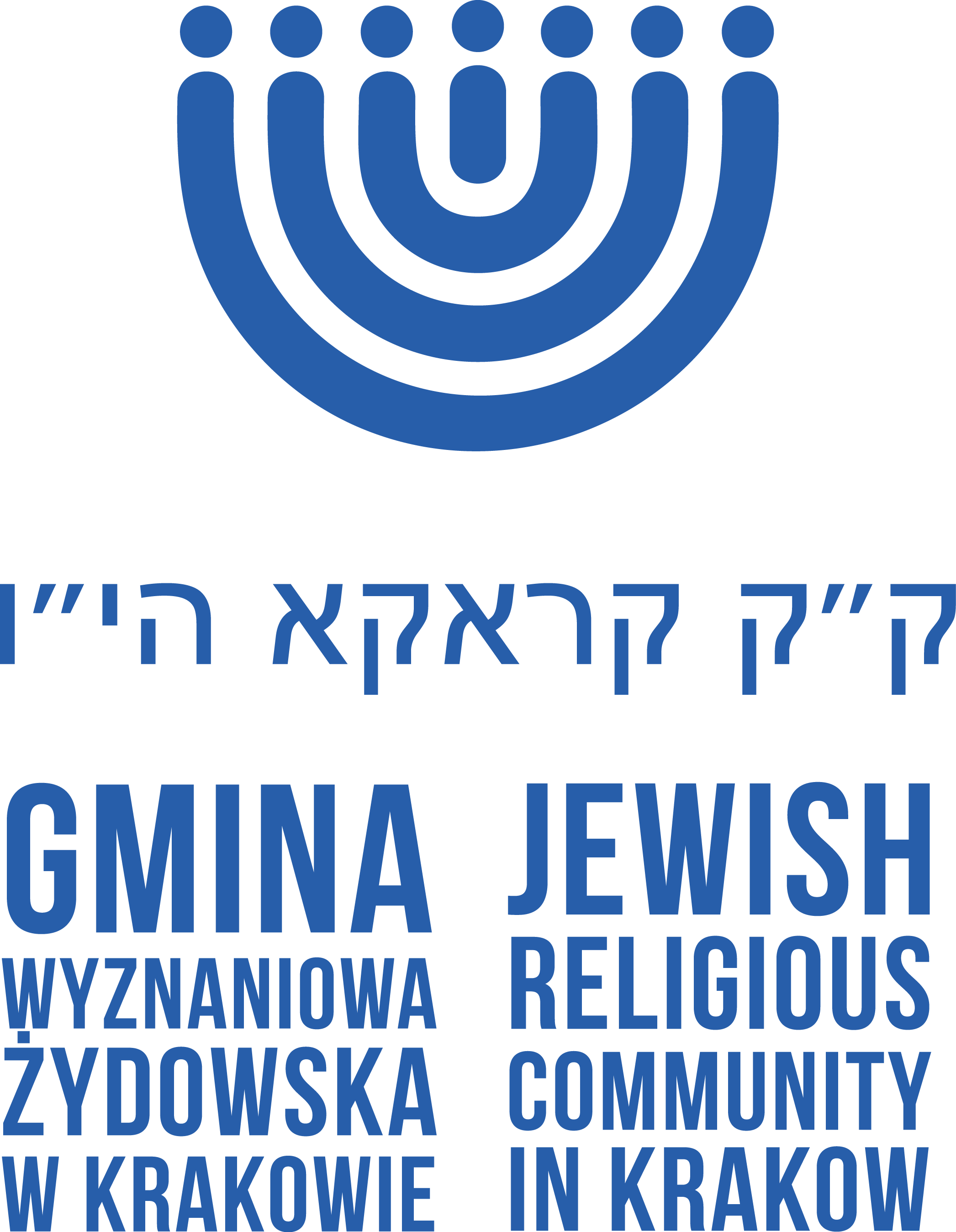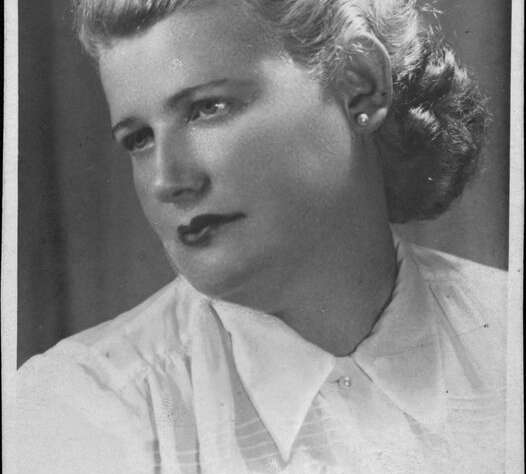BS”D 27 Iyar 5781 Józef Oettinger was born on Tarnow on 7 May 1818. He was a medical doctor, a historian of medicine, and the first Jewish professor of the Jagiellonian University. His parents died when he was 5 and he was taken care of by a Kraków merchant, his uncle Jakub Adler, who lived in Kazimierz. After school, he started to read Philosophy in the Jagiellonian University and two years later he began medicine. In 1843 he was given the title of doctor in Medicine and a year later he began work in Kraków’s Jewish Hospital. During the “Springtime of the Peoples” he took part in the National Committee, created by the Patriots, as a representative of Jewish intellectuals. He believed in the inevitability of working…
BS”D 24 Iyar 5781 Rafał Taubenschlag, son of Bernard Baruch and Cecylia Cyrla née Goldhart was born on 6 May 1881 in Przemyśl. He was a Law Historian, a specialist in Roman Law and Papyrology. He was a professor of the Jagiellonian University as well as of the University of Warsaw and a correspondent member of the Polish Academy of Science (PAS). From 1942 to 1947 Rafał Taubenschlag worked as a visiting research professor of Ancient Civilisation in the Columbia University and was the creator of “The Journal of Juristic Papyrology”. In 1949 he was the recipient of the Barczewski Prize given by the PAS. In 1950 he was awarded a doctorate honoris causa from the University of Warsaw. In 1955 he was elected by acclamation as…
BS”D 22 Iyar 5781 On 4 May 1660 (St. Florian’s day) crowds went in procession from the cathedral to St. Florian’s church. Young academics used the occasion to attach the Jews nearby, beating them bloody and robbing them. A few Jews paid with their life and those who managed hid in the “Lizard house” (ul. Floriańska 6). Unfortunately the students of Kraków hated the Jews. In spite – as Mejer Bałaban wrote – of royal warnings and prohibitions, attacks on the streets and in the cities were happening daily. Dark figures circled the common folk and showed them “written court proclamations” and bands of ruffians in the cities “used made-up excuses … and made-up lists, using soldiers, pilgrims and students killed Jews, robbed their homes and committed…
BS”D 22 Iyar 5781 Mordechaj Gebirtig was born on 4 May 1877 in Kraków, a professional carpenter and by passion a poet, a songwriter and an actor. He was linked to Krakow’s Kazimierz almost all his life. Mordechaj Gebirtig was called the last Jewish popular artist in Poland and the Bertold Brecht of Kazimierz. His creations mirrored the whole complexity of cultural and common life of the Jews in pre-War Poland and above all, in “Kroke”, Kraków. In December 1940 he had to move from Kraków to Łagiewnik. Thus, as a poet, he said goodbye to his beloved city: Goodbye Kraków Be healthy Under my house a car waits already. Here from my town I am chased like a hound. The streets like a desert are found…
Theodor Herzl was born on 2 May 1860 in Pest (Hungary, now Budapest). He was a journalist and the creator and main representative of political Zionism at the time, the founder and the first president of the World Zionist Organisation. He grew up in a rich Hungarian Jewish family. He studied law in the University of Vienna. After university he worked in the Austrian justice system, however with time he devoted himself more and more to literature and to politics. At first, he thought the Jewish Question would be resolved though the mass conversion of Jews and assimilation. The Dreyfus affair represented a turning point in his life. He arrived then at the conclusion that the only solution to the Jewish Question is the general emigration of…
BS”D 20 Iyar 5781 On 2 May 1946 near Krościenko a group of bandits likes to the Partisan Group “Lightning”, led by Józef Kuraś, nom de guerre “Ogień” (Fire)fired against Jewish civilians crossing the border, killing more than 10 of them. “A common element in the leaflets distributed in Podhale by ‘Fire’ was the identification of the Jewish nationality with the communist regime” – we read in the brochure published by the Kraków department of the Institute for National Memory in 2017 under the title “Józef Kuraś ‘Ogien’ and the Partisan Group ‘Błyskawica’ “. “Even when one can see the reasons which led to the execution of Security Department agents and of Party Functionaries, one cannot justify acts of ciolence against common people who were not engaged…
BS”D 20 Iyar 5781 Maria Róża Jakubowicz [pron. IPA /ˈru.ʐa/ /ja.kuˈbɔ.vʲit͡ʂ/ ], may her memory be a blessing, was born on 1 May 1918 in Dobczyce, [IPA /dɔpˈt͡ʂɨt͡sɛ/ ], daughter of Abraham Pistol, peace be upon him. Maria Róża Jakubowicz – as Sławomir Pastuszka wrote in “Nasza Gmina” – was named by the Jews of Kraków “The Mother of the Community” and is regarded as the model Jewish woman. Thanks to her exceptional personality the members of the Community of Kraków could feel an unrivalled togetherness. They could feel like in a real Jewish home, as those which most had lost during the Shoah. Her heroic and courageous role during the Second World War deserves greater mention. After the war, right after she came to Kraków in…
BS”D 18 Iyar 5781 Seven Jews were murdered in the night of 30 April 1946 (five men and two women). As we read in the report by the Commander of the People’s Militia (PM i.e. police) Station in Jurgow to the Commander of the PM in Nowy Targ in the same date: “the bodies lie on the road between Bialka and Gronie. One body lies in a field 50 metres from the main road. The bodies have been partially robbed. Next to one of them a ticket was found, dated 29 April 1946, Kraków-Zakopane. The bodies have bloodied heads, their faces towards the ground, just one body with the face upwards. The murders have been committed by shooting with automatic guns, since bullets of from a PPSh…
BS”D 18 Iyar 5781 On 30 April 1630 Izak Jakubowicz [IPA: /ja.kuˈbɔ.vʲit͡ʂ/] received permission from the king to build a synagogue. However, a few words should be written also about the Jakubowicz family, whose pride was Izak, called sometimes familiarly Reb Ayzik or Reb Yekeles. The cornerstone of the family was Moses Eberls, father of Yacob (reb Yekele) or Jakóbek [pron. “Yakoobek”] the Rich, who became an Elder in the Community and a member of the Codifying Committee (“Council of Seven”), which in 1595 prepared the Statutes of the Community. Jekele had two sons: Izak and Moses. Izak Jakubowicz was an Elder of the Community almost all his life (1608-1647), relinquishing power in his old age to his son Moses. Izak had various businesses: he had a…
BS”D 17 Iyar 5781 Oskar Schinder was born on 28 April 1908 in Zwittau in Moravia (at the time part of Austria-Hungary), now Svitavy in the Czech Republic. When he was 20 he married Emilie Pelzl, the daughter of rich farmers. Oskar worked in the farming machinery factory of his father up to its bankruptcy caused by the international economic crisis. He was then employed as a salesman of a factory from Brno. In 1935 he became a member of the German Sudeten Party (GSP) and later a member of the German Abwehr (intelligence and counter-intelligence). He was arrested in 1938 because of his activities in Czechoslovakia and Poland. He was quickly released after the annexation of the Sudeten by the Third Reich. He became then a…






